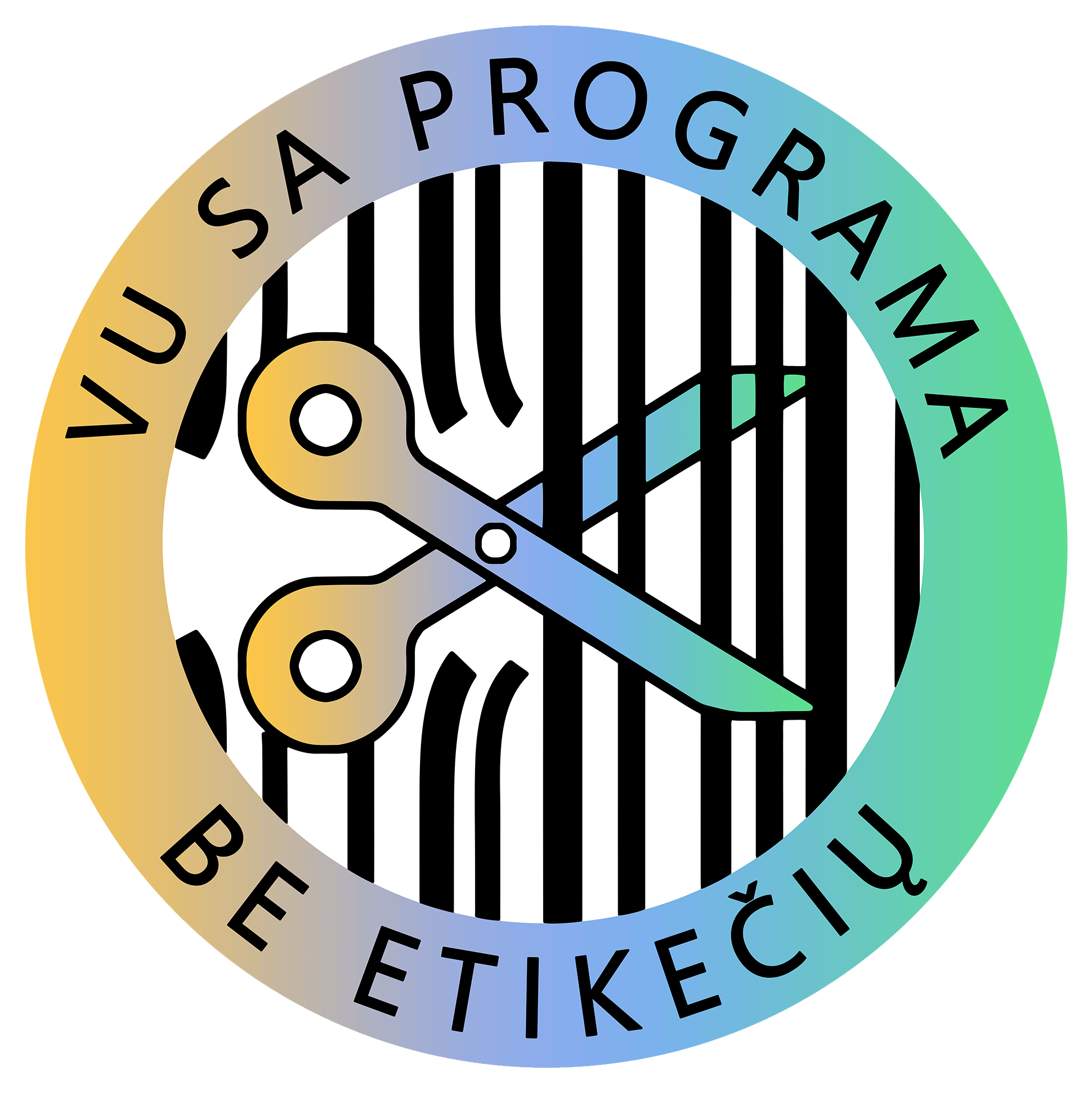Happy International Migrants Day! To commemorate the day we invite you to read this interview with a member of our community, Svetozar Postic.
What is your name and what do you teach here at Vilnius University?
My name is Svetozar Postic and I mainly teach English at the Faculty of Philology but I also teach some literature classes.
Where are you originally from?
I am from Serbia.
Could you tell me more about your country?
Well, it was part of a bigger country called Yugoslavia that was divided into several republics which were broken up into different countries, just like the Soviet Union. Now Serbia is much smaller than it was.
What do you miss the most about Serbia?
The language and the mentality of people. I suppose you feel the most comfortable where you grow up. It‘s like a plant being re-planted. You can get used to the new environment but you always feel best at home.
Why did you decide to move to Lithuania and when did you move here?
I first came here in 1997 to teach Serbian at the Faculty of Philology. I did that for 3 years and during that time I met my wife. Later we left for the United States, where we stayed for 12 years. In 2012 we decided to come back to Lithuania and in 2013 I started teaching English at Vilnius University.
Did you have any expectations when migrating to Lithuania?
I didn‘t have any expectations because I already knew a lot about the country. I‘m interested in geography and history and besides, I‘ve met a few Lithuanians before, so I already knew what to expect when coming here.
What were some problems that you ran into when migrating to Lithuania?
There are a lot of legalities involved when getting a work permit but I never dealt with any real problems when migrating to Lithuania. I had to go to the emigration department many times and submit many documents but that‘s about it.
Have you noticed a difference in the mentality of Serbians and Lithuanians?
Not really, except that Serbians are more open but Lithuanians are not actually as closed off as they seem at first. Once you get to know them, they open up very much. I would say Serbians and Lithuanians think alike, just like many other people from Easter European countries.
And what was the hardest thing when adapting to the United States environment?
The mentality and interpersonal relationships of people there are very different. It seemed like most people weren‘t very sincere with each other and I wasn‘t used to that. Besides, it seemed like most people live by some kind of an image of themselves. Everything there seemed very materialistic. I mean, the world in general has become very materialistic but materialism in the United States in on another level.
What were your first impressions of Lithuania and Vilnius University?
Well, the first thing that I really liked when I came here was the environment. The architecture is very inspiring and so is the tradition. In general, Vilnius is a very beautiful city. I feel like aesthetics are very important to me, so I felt really good here. In general, I think that the University is well organised and has good teachers.
Have you ever experienced xenophobia in Lithuania?
No, I haven‘t and I‘ve never heard of anyone experiencing it here. But xenophobia is similar to bullying in school, it‘s a similar feeling. I feel like as people get older, it is much easier to deal with problems such as xenophobia.

